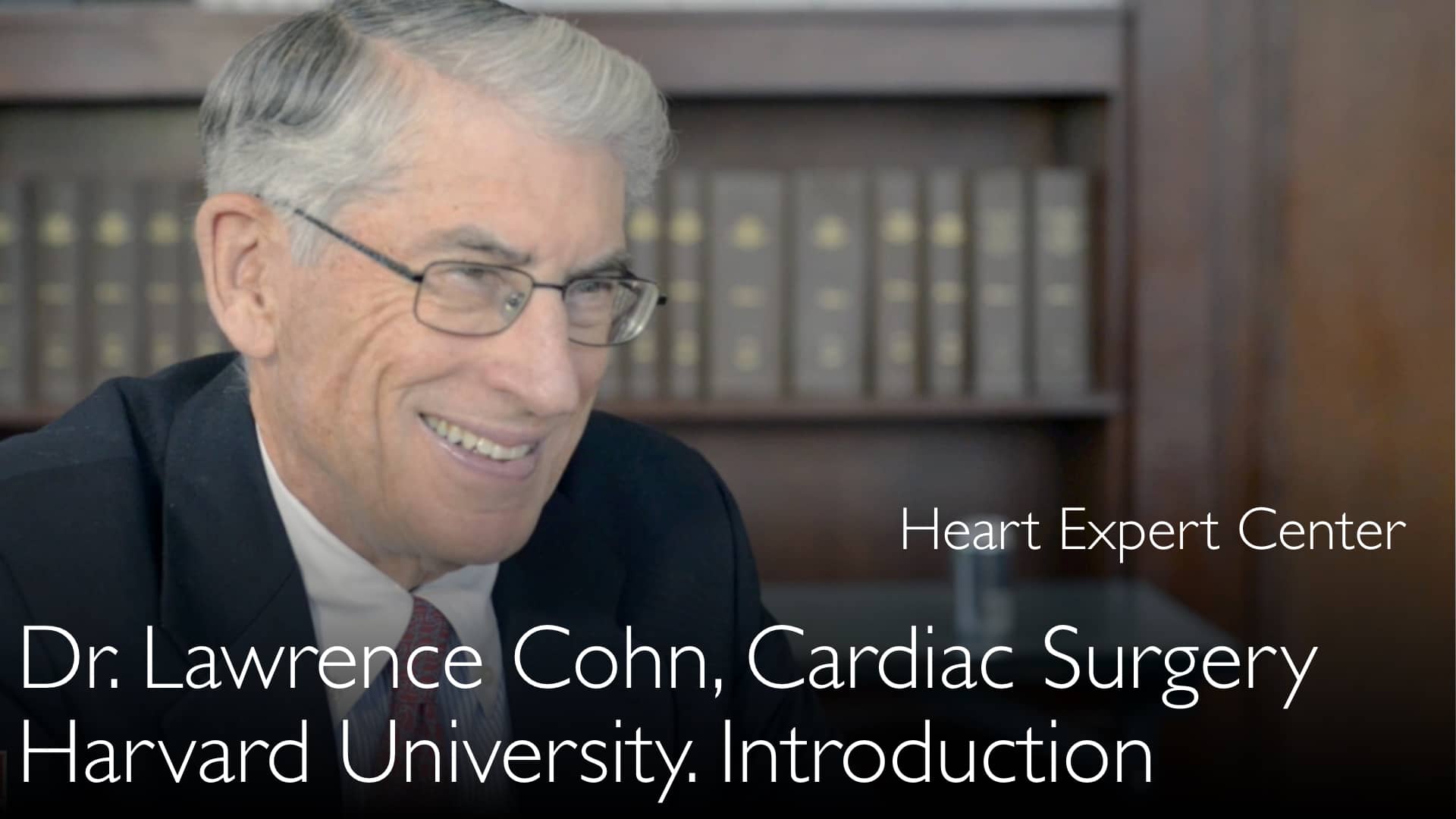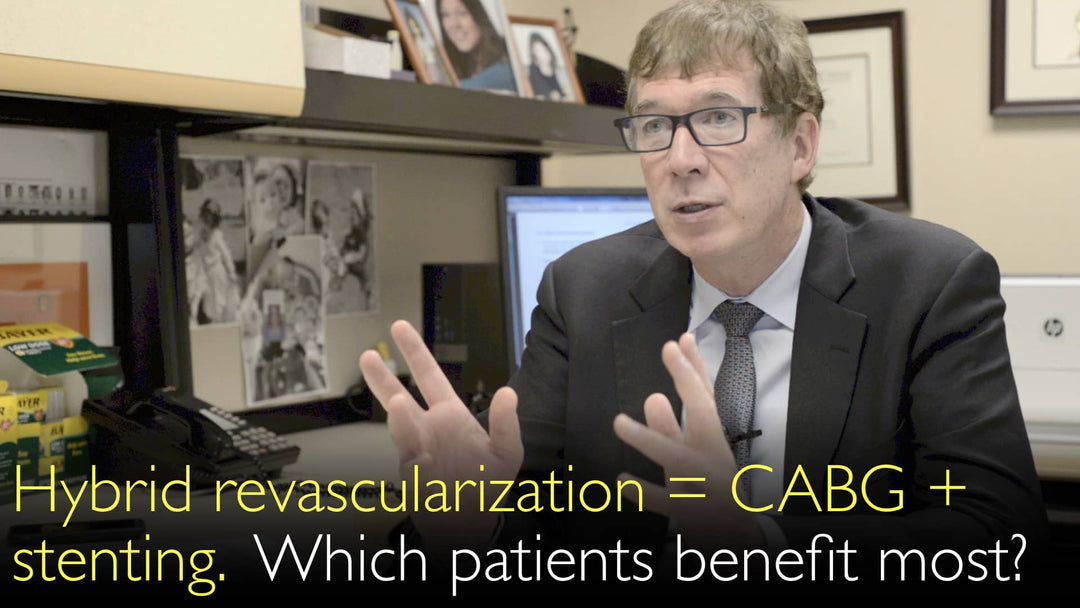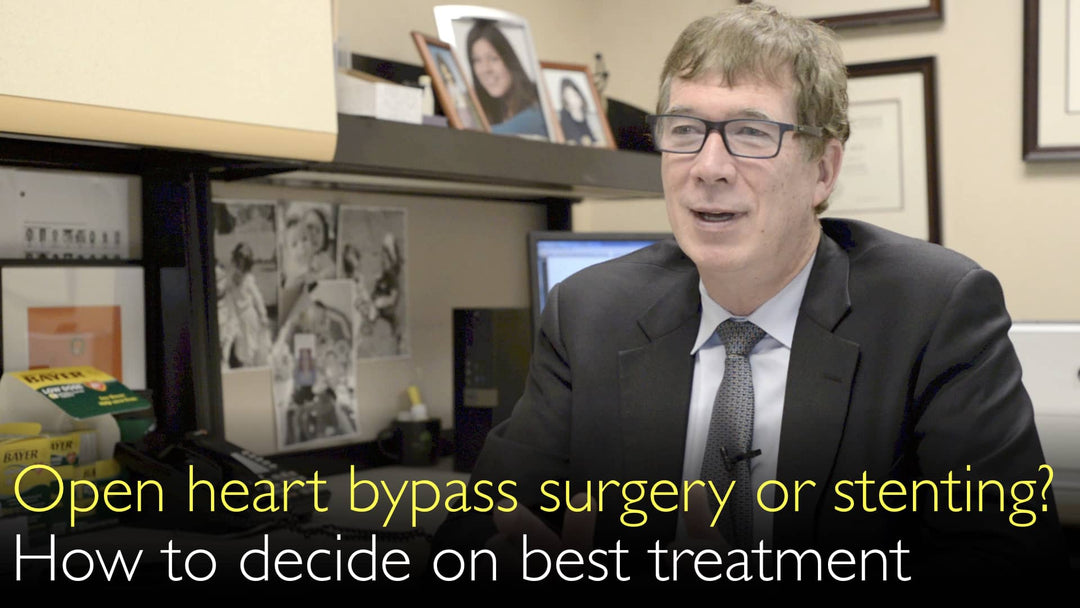מומחה מוביל בכירורגיית לב, ד"ר לורנס כהן, MD, מסביר כיצד מטופלים יכולים להתכונן בצורה הטובה ביותר לניתוחים גדולים על ידי שאילת שאלות קריטיות לגבי סיכונים והחלמה, אימוץ הרגלים בריאים טרום ניתוחיים כמו הפסקת עישון, ושימוש במשאבים פסיכולוגיים לניהול חרדה להשגת תוצאות ניתוח אופטימליות.
מדריך חיוני להכנה לניתוח גדול: שאלות ומוכנות פסיכולוגית
קפיצה לפרק
- שאלות מפתח לשאול את המנתח שלך
- ניהול חרדה והכנה פסיכולוגית
- שינויים באורח החיים לפני הניתוח
- הבנת סיכונים וסיבוכים ניתוחיים
- תפקיד המנתח בהכנת המטופל
- ציפיות לאחר הניתוח וטיפול בבית החולים
- חשיבות חוות דעת שנייה
שאלות מפתח לשאול את המנתח שלך
הכנה לניתוח גדול דורשת מהמטופלים להיות יוזמים וחקרניים. ד"ר לורנס כהן, MD, מדגיש שהצעד החשוב ביותר הוא לשאול את המנתח או עוזר הרופא כל שאלה שעולה על דעתך. אל תהסס או תתבייש לבקש הבהרות; זהו חלק קריטי בטיפול שלך.
שאלות נפוצות צריכות לכסות את פרטי ההליך, אך ד"ר לורנס כהן, MD, מציין שמטופלים רבים שוכחים לשאול על סיכונים קריטיים. שאילת שאלות על הניסיון האישי של המנתח ושיעורי ההצלחה שלו בניתוח מספקת נתונים אישיים יקרי ערך שסטטיסטיקות כלליות לא יכולות להציע.
ניהול חרדה והכנה פסיכולוגית
חווית חרדה לפני ניתוח גדול היא נורמלית לחלוטין. ד"ר לורנס כהן, MD, קובע שאם מטופל לא חרד, "יש משהו לא בסדר". הכרה במתח הזה היא הצעד הראשון לניהולו ביעילות.
מטופלים יכולים להשתמש במשאבים שונים להכנה פסיכולוגית. אלה כוללים שירותי ייעוץ מקצועיים וספרים שנכתבו במיוחד כדי להנחות אנשים דרך האתגרים הנפשיים והרגשיים של עמידה בפני ניתוח. ד"ר אנטון טיטוב, MD, וד"ר כהן דנים כיצד מנתח יכול גם להשתמש בהרגעה ובתקשורת ברירה ככלים חזקים להקלת פחדיו של המטופל.
שינויים באורח החיים לפני הניתוח
אופטימיזציה של הבריאות הגופנית לפני הניתוח יכולה להשפיע משמעותית על ההחלמה. ד"ר לורנס כהן, MD, מדגיש מספר שינויים מרכזיים באורח החיים. מטופלים צריכים לשאוף לרדת במשקל אם necessary, מכיוון שמשקל עודף יכול להגביר את הסיכון הניתוחי ולסבך את ההרדמה.
אולי השינוי הקריטי ביותר הוא להפסיק לעשן. עישון פוגע קשות בזרימת הדם ובאספקת החמצן, ומגביר באופן דרמטי את הסיכון לסיבוכים כמו ריפוי פצעים לקוי וזיהומים. הפחתת צריכת אלכוהול מומלצת גם כדי לעזור לגוף להיות במצבו הטוב ביותר ללחץ הפיזיולוגי של ניתוח.
הבנת סיכונים וסיבוכים ניתוחיים
הבנה מעמיקה של סיכונים פוטנציאליים היא אבן פינה להסכמה מדעת. ד"ר כהן מייעץ למטופלים לשאול ישירות את המנתח שלהם על הסיכוי לסיבוכים חמורים. שאלות מפתח כוללות: "מה הסיכון שאני עלול למות?" ו"מה הסיכון לשבץ או להתקף לב?"
מנתח מנוסה כמו ד"ר לורנס כהן, MD, יהיו לו מספרים צפויים המבוססים על הניסיון הנרחב שלו. שמיעת הסטטיסטיקות האלה ישירות מהמנתח שלך יכולה להיות מרגיעה מאוד, מכיוון שהיא מחליפה פחד מעורפל במידע קונקרטי ומקימה ציפיות ריאליות לתוצאות ההליך.
תפקיד המנתח בהכנת המטופל
אחריות המנתח extends מעבר לחדר הניתוח להדרכת המטופל. ד"ר כהן מאמין שגם אם מטופל לא שואל כל שאלה חשובה, המנתח חייב לספק את המידע הזה באופן יזום. חששות נפוצים לגבי החלמה, סיכונים ושגרת בית החולים עולים שוב ושוב.
ד"ר אנטון טיטוב, MD, מציין שמנתחים לרוב יודעים את השאלות שמטופלים *צריכים* לשאול טוב יותר מהמטופלים עצמם. מנתח טוב ינחה את השיחה הזו, ויוודא שאף נושא קריטי לא נותר ללא מענה, מה שעוזר לבנות אמון ומפחית משמעותית מתח לפני הניתוח עבור המטופל ומשפחתו.
ציפיות לאחר הניתוח וטיפול בבית החולים
ידיעה מה לצפות לאחר הניתוח היא חיונית להכנה נפשית. בעוד שמטופלים רבים שואלים על משך השהייה בבית החולים, ד"ר כהן מעודד אותם לחקור deeper. מטופלים צריכים לשאול על ציר הזמן האופייני להחלמה, אסטרטגיות לניהול כאב ומערכות התמיכה הזמינות בבית החולים.
הבנת השגרה היומית—כמו מתי תתחיל פיזיותרפיה או כיצד ינוטרו סימני החיים שלך—יכולה להפוך את התקופה שלאחר הניתוח לפחות מאיימת. ידע זה מעצים מטופלים ומשפחותיהם להשתתף באופן פעיל בתהליך ההחלמה.
חשיבות חוות דעת שנייה
בקשת חוות דעת שנייה היא דרך חזקה להבטיח שהאבחנה שלך נכונה ותוכנית הטיפול שלך אופטימלית. שלב זה הוא בעל ערך particular למצבים מורכבים כמו מחלת לב או סרטן. חוות דעת שנייה יכולה לאשר את הצורך בניתוח או לחשוף אפשרויות טיפול חלופיות, פחות פולשניות.
תהליך זה בונה ביטחון immense. כפי שדן ד"ר אנטון טיטוב, MD, ידיעה שמומחה נוסף מסכים עם תוכנית הניתוח שלך יכולה להקל על חלק משמעותי מהחרדה הקשורה לקבלת החלטה רפואית major, ומאפשרת לך להתקדם עם greater שקט נפשי.
תמליל מלא
ד"ר אנטון טיטוב, MD: כיצד להתכונן לניתוח גדול? מה הדבר החשוב ביותר שכל מטופל צריך לעשות? כיצד להתכונן לניתוח סרטן או לב correctly? כיצד להתכונן נפשית לניתוח?
ד"ר לורנס כהן, MD: הכנה פסיכולוגית חשובה מאוד לפני ניתוח גדול. מה אני יכול לעשות כדי להתכונן לניתוח בצורה הטובה ביותר? אלה הדברים המרכזיים שאתה צריך לדעת כאשר מתכוננים לניתוח. שאל את כל השאלות שעל דעתך.
שאל שאלות על הסיכונים של הניתוח. שאל על סיבוכים אפשריים. שאל מה הסיכוי שתחווה שבץ. שאל מה הסיכוי להתקף לב במהלך הניתוח. המנתח חייב לענות על כל השאלות regarding הניתוח שלך.
גם כאשר ניתוחי לב הופכים ליותר ויותר minimally invasive, הם remain ניתוח major.
ד"ר אנטון טיטוב, MD: כיצד מטופלים יכולים להתכונן psychologically לניתוח גדול? כיצד מטופלים יכולים להקל על החרדה לפני הניתוח? יש לך הרבה ניסיון בזה.
ד"ר לורנס כהן, MD: אם מטופל לא חרד לפני ניתוח, יש משהו wrong עם המטופל. זה התנהגות normal. first of all, המטופל should לשאול את הרופא every question on their mind. או שהם should לשאול all questions ל-physician assistant, whoever sees the patient.
יש שירותי ייעוץ כדי לעזור למטופלים להתכונן לניתוח. יש גם ספרים written about how to prepare yourself for surgery. לפעמים הספרים האלה very good.
מטופל ששתה הרבה אלכוהול should להפחית את זה. הם should לנסות לרדת some weight. הם should להפסיק לעשן. עישון is the worst thing you can do. זה just common sense.
I think the major question is לשאול את הרופא every single question in your mind. Do not hesitate לשאול all your questions before a surgical operation. Do not be afraid and do not be shy לשאול את המנתח שלך all questions.
Find out what the basic hospital care routine is going to be. What is going to happen after the surgery? It all has to be asked. You cannot hold back any question that is on your mind.
ד"ר אנטון טיטוב, MD: How can a surgeon apply the power of suggestion to help a patient before surgery? How to apply any psychological methods to decrease the patient's anxiety? How to improve surgical results after the operation?
ד"ר לורנס כהן, MD: Again, sometimes the patient does not ask all the questions that they should ask. Then the surgeon has to say this: "You never asked the following questions. This is what you really need to know."
Most patients, for example, ask me this: "How many days do I have to stay in the hospital?" But a lot of them don't ask: "What's the risk in this operation? What is the risk I might die? What is the risk of having a stroke or heart attack?"
The surgeon should have predictable numbers based on his or her own experience. That's the information a surgeon has to tell the patient. It could really reassure patients before a surgical operation.
A lot of times, the stress of just getting those decisions made is more stress than the operation itself. So patients should have a good understanding of how to prepare for surgery.
It is a very important part of the preparation of a patient for surgery. The surgeon should answer all the questions the patient needs to know, even if the patient did not ask that question.
ד"ר אנטון טיטוב, MD: Because the same questions come up again and again. The surgeon often knows all the questions that the patient should ask. The surgeon often knows questions better than the patient does.
Of course, yes. How to prepare for major surgery psychologically? How to relieve anxiety before surgery? What can the patient and family do to ensure the best results of surgery?








